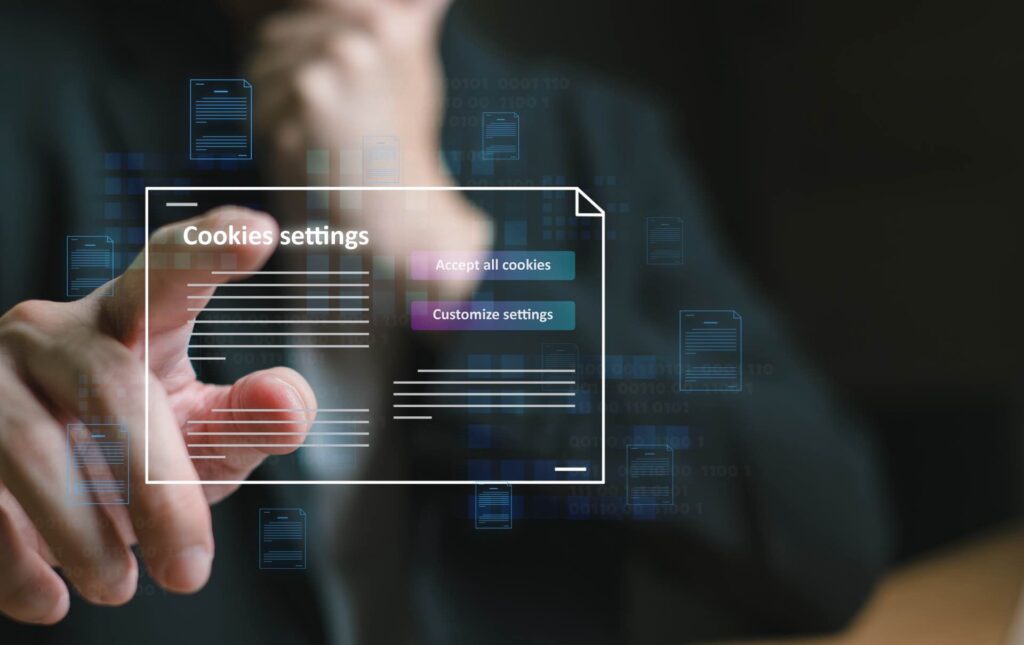Contrary to popular belief, email marketing in the hotel industry is far from dead. In fact, with the right tools and strategy, it can become one of your most powerful channels to drive bookings, strengthen guest relationships, and keep your brand top of mind. And now, with the rise of generative AI, hotels have an opportunity to do more with less—delivering highly personalised, relevant content at scale.
Using Generative AI to Supercharge Hotel Email Marketing
Mailchimp’s generative AI can help hotels automate the creation of personalised email content tailored to guest interests, booking habits, and seasonal trends. Whether you’re promoting mid-week specials, spa packages, or event offers, the AI can instantly draft tailored emails for different guest segments. For example, if a guest previously booked a sea-facing suite for a romantic weekend, the AI can generate a follow-up offer with similar perks, personalised greetings, and even suggested travel dates—all with a few clicks. This saves your team time, keeps messaging consistent, and helps increase open and click-through rates by speaking directly to each guest’s preferences.
When used effectively, email marketing doesn’t just attract bookings—it also serves as a direct communication line to your audience. Instead of letting valuable content sit unnoticed on your hotel website, email campaigns can bring it to life and ensure your guests stay engaged long after their stay.
Automate to Scale Your Email Marketing Efforts
Automation is key to making your email marketing work harder without adding extra strain on your team. With tools like Mailchimp, hotels can set up automated workflows that trigger emails based on guest behaviour or specific milestones—think welcome emails after a booking, reminders ahead of check-in, post-stay thank you notes, or even re-engagement campaigns for guests who haven’t booked in a while.
For example, an automated workflow might send a “We miss you” message to guests who haven’t returned in six months, paired with a special offer to encourage a repeat visit. Another might send birthday greetings or exclusive seasonal offers based on the guest’s previous booking patterns. These automated touches feel personal but require little manual effort once set up, allowing your marketing to run efficiently in the background while still delivering impact.
By automating routine communications and personalising touchpoints at scale, hotels can increase booking conversions, improve guest satisfaction, and maintain strong relationships without constantly writing emails from scratch.
Your email signatures are still powerful
Does your hotel send more than a few emails every day? You might have good-looking email signatures, but are they serving any purpose other than providing contact information? Email signature management and marketing is one way to promote your hotel website’s best marketing content, attracting more traffic, eyes to your content like blog articles or seasonal promotions, and hopefully, more guests through your doors.
All guests love promotions
Who doesn’t love a good promotion or discount? Email marketing is one highly effective way of promoting your hotel’s promotions and specials to existing or past customers. Email marketing delivers your personalised, value-loaded marketing messages directly to the reader’s inbox. If you’ve got a promotion running, send a newsletter. Hosting an event at your hotel? Send a newsletter. If you’re running a competition, send a newsletter.
It’s important to recognise privacy
The Protection of Personal Information (POPI) Act, much like Europe’s GDPR framework, emphasizes the need for hotels and other businesses that are executing marketing to ensure the privacy of their guests’ personal information. This includes ensuring that your email databases are securely stored, where no hackers can steal guest information, and that each newsletter or email sent to guests includes an opt-out option should they wish to stop receiving your email communication.

Cookie Banner
The leading Google-certified cookie consent solution for WordPress and Shopify. Ensuring GDPR, POPI and CCPA compliance with IAB support and Google Consent Mode v2.
Learn more about Cookie Banner compliance
Everything works in moderation.
Like most things in life, email marketing for the hotel industry works well in moderation. In other words, avoid overloading your database of email contacts with multiple newsletters at a time. Because that’s a one-way ticket to unsubscribes and a shrinking database (not to mention a bunch of irritated guests). Consider kicking your email marketing efforts off with a quarterly or monthly newsletter, and throw in the odd personalized email, like wishing your guests well on their birthdays or the anniversary of their stay.
Databases must be segmented to improve personalisation
If you had to look at your hotel’s email databases right now, would they be filled with just guests? Probably not, since your hotel will have also gathered the details of suppliers, staff, and other stakeholders. Hotel email marketing should be personal, and the marketing messages you send to your guests won’t be the same messages you send to other stakeholders. Personalize your email newsletters by segmenting your databases and tailoring your messages for each audience.
Here are a few ways your hotel can segment data to personalize your email marketing approach:
Demographic segmentation
This involves segmenting your email contacts based on demographic characteristics such as their age, gender, location (city or country), and occupation.
Behavioural segmentation
Behavioural segmentation requires segmenting email contacts based on their past behaviours, such as their booking history, spending patterns, and loyalty to your hotel.
Psychographic segmentation
This type of email database segmentation involves segmenting your customers and other stakeholders based on their lifestyle characteristics, values, and personalities.
Purchase-based segmentation
Purchase-based segmentation implies segmenting an email database based on each contact’s purchase history and the type of hotel room or accommodation package they typically book.
Intent-based segmentation
This type of segmentation involves segmenting customers, suppliers, and other partners based on their intentions, such as whether guests more frequently book leisure or business trips.
By segmenting email databases, your hotel can easily create targeted email campaigns that speak directly to the needs and interests of different stakeholders. This can go a long way to helping increase engagement, improve communication, bolster brand loyalty and drive hotel bookings.
Everything works in moderation.
Like most things in life, email marketing for the hotel industry works well in moderation. In other words, avoid overloading your database of email contacts with multiple newsletters at a time. Because that’s a one-way ticket to unsubscribes and a shrinking database (not to mention a bunch of irritated guests). Consider kicking your email marketing efforts off with a quarterly or monthly newsletter, and throw in the odd personalised email, like wishing your guests well on their birthdays or the anniversary of their stay.

Convert more customers with a powerful and intuitive platform
Clients work with Digitlab as their Mailchimp Partner because we go beyond sending emails and drive real value in their business with email marketing.
Learn more about our Mailchimp Partnership






